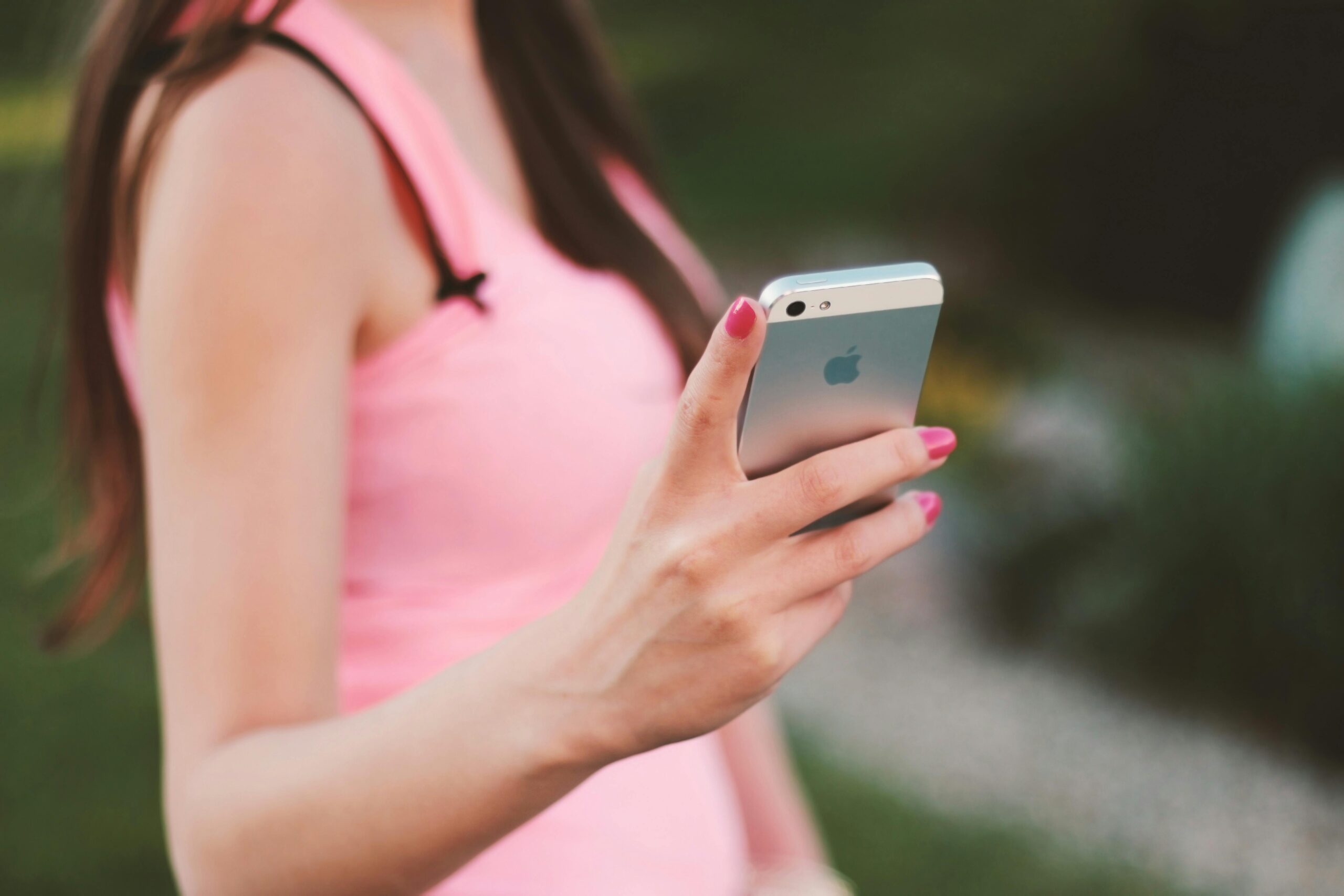
29 Jan Mental Health with Social Media: Finding Balance in a Digital World
Social media can inspire and connect us, but it also impacts mental health. Discover how to navigate the digital world mindfully for better well-being.
Mental Health with Social Media: Finding Balance in a Digital World
In today’s hyperconnected world, social media has become a central part of our lives. From keeping in touch with loved ones to discovering new opportunities, platforms like Instagram, Facebook, and TikTok have revolutionized how we interact. However, as much as social media can inspire and connect us, it also has a profound impact on our mental health.
Navigating the emotional rollercoaster of likes, comments, and curated perfection isn’t easy, and many of us are left wondering: how can we use social media without sacrificing our well-being? Let’s explore the effects of social media on mental health and how we can find balance in the digital age.
The Positive Side of Social Media
Social media is not all bad—it’s a tool that, when used mindfully, can uplift and empower us.
✔ Connection: Social media bridges distances, allowing us to stay in touch with family, friends, and communities across the globe.
✔ Inspiration: Many platforms offer access to inspiring stories, motivational content, and educational resources.
✔ Opportunities: Social media has created countless opportunities for networking, job searches, and even starting businesses.
When used intentionally, these platforms can enhance our lives and provide a sense of belonging.
The Dark Side of the Digital World
Despite its benefits, the influence of social media on mental health isn’t always positive.
✔ Comparison Trap: Social media often presents a highlight reel of others’ lives, leading to unrealistic comparisons and feelings of inadequacy.
✔ Cyberbullying: Online harassment has become a significant issue, with many individuals experiencing hurtful comments and trolling.
✔ Addiction: The constant notifications, endless scrolling, and dopamine-driven interactions can become addictive, impacting productivity and focus.
These challenges can lead to anxiety, depression, and a distorted sense of self-worth.
Recognizing the Signs of Social Media Burnout
It’s essential to identify when social media begins to negatively affect your mental health. Here are some common signs:
✔ You feel anxious or stressed after spending time online.
✔ You compare yourself to others and feel inadequate.
✔ You struggle to limit your time on social media, despite wanting to.
✔ Your sleep, work, or relationships suffer due to excessive use.
Recognizing these signs is the first step toward creating healthier habits.
Tips for Maintaining Mental Health with Social Media
Finding balance in a digital world is possible with the right strategies:
✔ Set Boundaries: Allocate specific times for social media use and avoid checking your phone first thing in the morning or before bed.
✔ Curate Your Feed: Follow accounts that inspire, educate, or uplift you, and unfollow those that trigger negativity.
✔ Practice Digital Detox: Take regular breaks from social media to reconnect with yourself and the real world.
✔ Engage Mindfully: Be intentional about your interactions online. Focus on meaningful connections rather than passive scrolling.
✔ Seek Support: If social media is impacting your mental health, don’t hesitate to reach out to friends, family, or professionals.
These habits can help you enjoy the benefits of social media without letting it control your life.
A Healthier Relationship with Social Media
The key to balancing mental health with social media lies in mindfulness and moderation. By recognizing its impact, setting boundaries, and curating your online experience, you can use social media as a tool for growth and connection rather than a source of stress.
Remember, you have the power to control how you interact with social media. Protect your mental health, and prioritize the things that truly matter—your happiness, well-being, and peace of mind.

